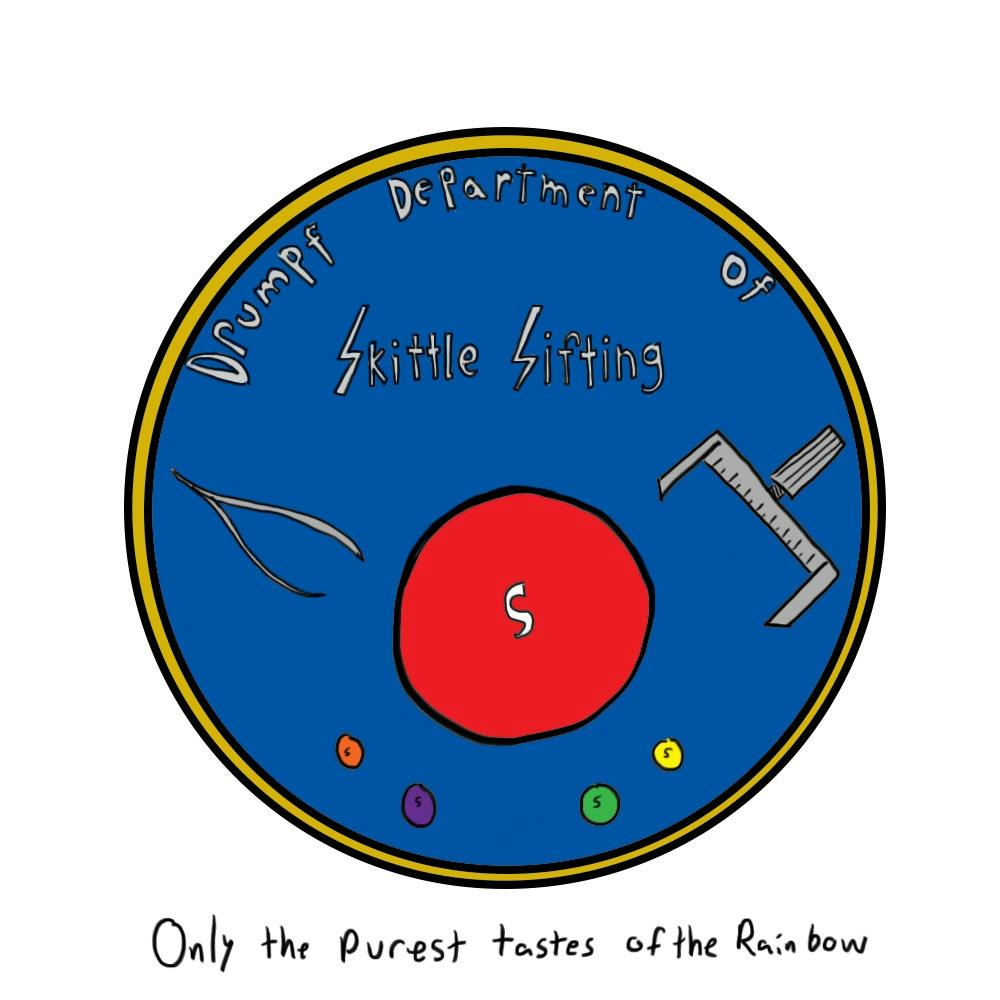Donald Trump Jr.’s tweet comparing Syrian refugees to Skittles stands in stark contrast with a letter about a young refugee written by a 6-year-old boy and read by President Obama on a United Nations summit Sept. 20.
Trump’s tweet, sent on Sept. 19, referred to a photo that read, “If I had a bowl of Skittles and I told you just three would kill you, would you take a handful?”
The letter written by Alex of Scarsdale, N.Y. urged Obama to “go get” a 5 year-old Syrian boy who was pictured inside an ambulance after an airstrike in Aleppo and promised that Alex and his family would “be waiting ... with flags, flowers and balloons.”
Clearly, both Trump and Obama’s tactics are manipulative in their own right.
But the difference lies in the fact that the Trump family once again grossly oversimplifies and takes the humanity out of a deeply human issue.
To Trump’s credit, the importance of national security cannot be overstated. We shouldn’t be arbitrarily accepting hoards of refugees and grabbing “handfuls” of his metaphorical candies.
And we don’t.
The Washington Post pointed out that the process of vetting refugees for admittance into the United States is comprehensive and takes between a year and two years. The left has criticized it for being stringent to the point of cruelty.
This piece is not intended to argue in favor of or against the current vetting process.
Candidates’ backgrounds must be adequately examined before being allowed entry, as is the case with all prospective immigrants.
On top of the dehumanizing nature of comparing a group displaced by war to a bowl of candy, Trump’s metaphor gets basic facts wrong.
The odds of an American being killed by a refugee in a terror attack are lower — by orders of magnitude, actually — than being struck by lightning twice in your life.
So, if the bowl in question contains almost 11 billion Skittles, Trump isn’t wrong.
The letter read by Obama to the U.N. takes a decidedly different view of the crisis.
The compassion of the letter’s author for the bloodied face of five-year-old Omran Daqneesh represents a sentiment shared by many.
In the midst of current affairs, it’s easy to forget that behind the shadowy threat of terrorism, there are real people whose lives have been changed forever. Alex’s letter and the images of Omran serve as jarring reminders.
The Editorial Board believes that in today’s global political climate, it’s crucial that the U.S. do its part, however small, to provide a sanctuary to Syrian refugees while also continuing to bear in mind the importance of thorough vetting.
Contrary to what Trump appears to believe, the admission process is far from lacking. According to the White House, refugees “are subject to the highest level of security checks of any category of traveler to the United States.”
On top of this, many Americans seem to overestimate the size of their perceived threat. Last spring, the Obama administration communicated its goal — which it’s falling short of — was to admit 10,000 refugees from Syria.
That’s roughly one-fourth the size of IU’s student body, hardly a huge group of people.
Trump’s tweet reduces one of the most important issues of human rights to a nonsensical metaphor.
As Obama pointed out in his speech, it’s key that we do not prey on cynicism and fear for others on the basis of their religion or ethnic background.




